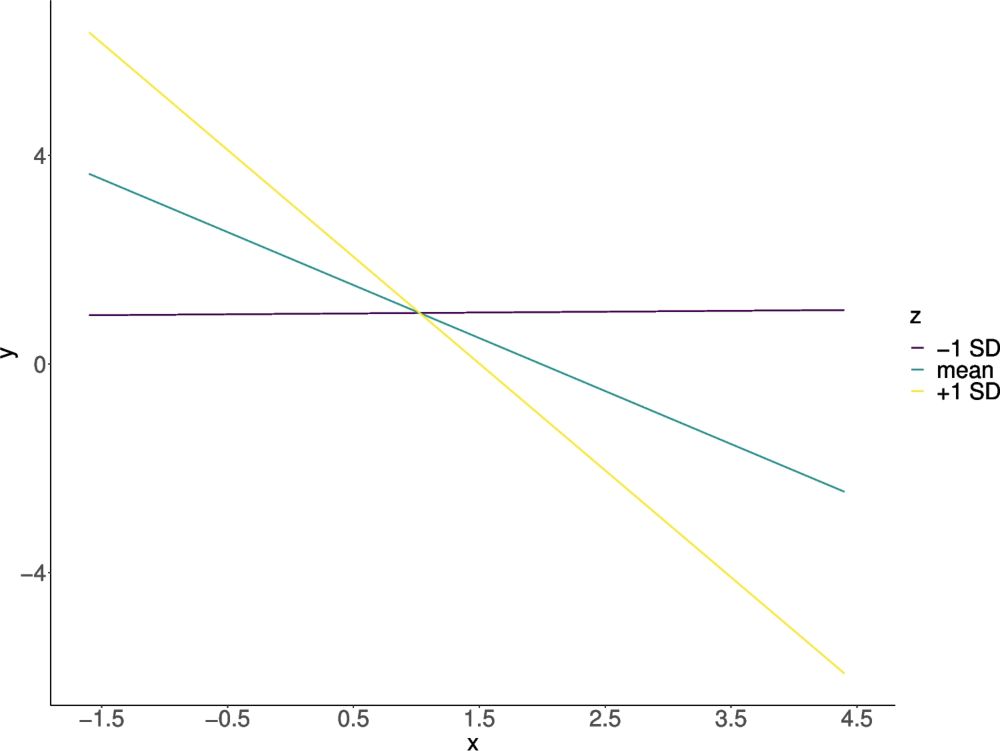

@improvingpsych.org doi.org/10.1525/coll...

Learn more in our latest #ScholasticaCommunityConvo interview with @donvanraven.bsky.social EIC of @collabrapsychology.bsky.social. buff.ly/WE173NX

Learn more in our latest #ScholasticaCommunityConvo interview with @donvanraven.bsky.social EIC of @collabrapsychology.bsky.social. buff.ly/WE173NX

link.springer.com/article/10.3...

link.springer.com/article/10.3...


paulmeehlschool.github.io/workshops/ca...
paulmeehlschool.github.io/workshops/ca...

Read the article here: doi.org/10.3758/s134...

Read the article here: doi.org/10.3758/s134...
@improvingpsych.org doi.org/10.1525/coll...

@improvingpsych.org doi.org/10.1525/coll...

